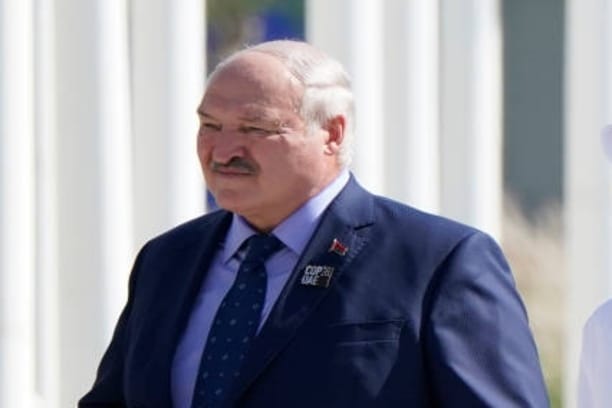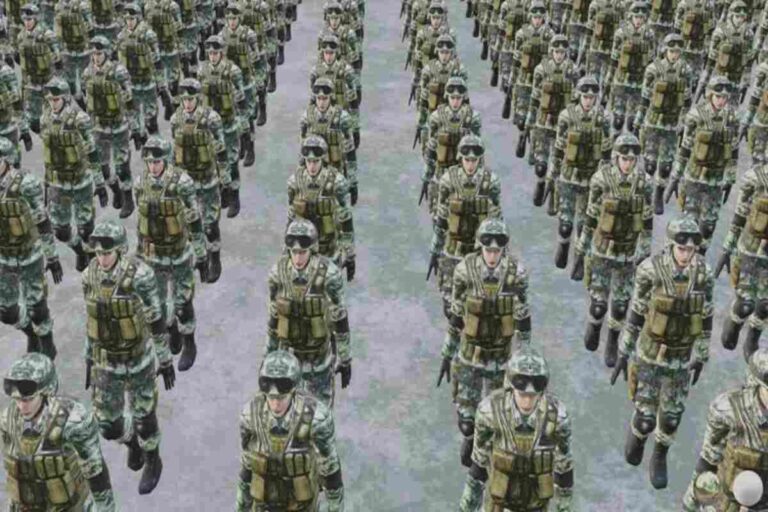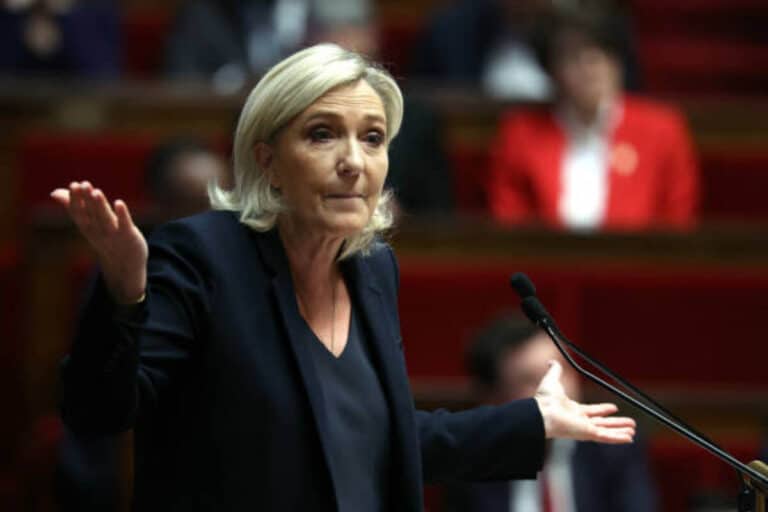

(EPICSTORIAN) – Belarusian President Alexander Lukashenko is set to extend his three-decade rule in a tightly controlled presidential election widely dismissed as a political farce.
Lukashenko’s re-election bid has faced no credible opposition, and with heavy restrictions on dissent, the vote all but guarantees another term for Europe’s longest-serving leader.
The last presidential election in 2020 saw Lukashenko claim a sweeping victory with over 80% of the vote, sparking widespread allegations of fraud.
His main challenger, Sviatlana Tsikhanouskaya, was widely believed to have won. In response, mass protests erupted, leading to the most brutal crackdown in Belarus’ post-Soviet history.
This year, Tsikhanouskaya, now in exile, refrained from calling for demonstrations. “The costs are too high,” she stated, referencing the harsh penalties faced by opposition figures. Her husband, Sergei Tsikhanouski, remains imprisoned, part of a broader wave of repression that has stifled dissent.
Election Under Tight Control
Unlike in 2020, Lukashenko is facing only token candidates, including one who openly admitted he was running “not instead of, but alongside the president.”
The election was conducted without independent monitoring, and polling stations abroad were shuttered, barring roughly 3.5 million Belarusians living outside the country from voting.
The opposition denounced the election as a pre-scripted maneuver designed to cement Lukashenko’s grip on power.
“We’re asking those forced to take part in this sham election to vote against all candidates,” Tsikhanouskaya urged. Her movement labeled the process “a meticulously orchestrated charade.”
Western governments echoed these concerns. The European Parliament and the U.S. State Department condemned the election, with the latter stating, “Repression is born of weakness, not strength. The unprecedented measures to stifle any opposition make it clear that the Lukashenko regime fears its own people.”
After casting his vote, Lukashenko dismissed international criticism. “I don’t care if the West recognizes our election,” he declared.
Growing Dependence on Russia
Lukashenko, 70, has remained in power with strong backing from Russian President Vladimir Putin. During the 2020 protests, Russian support was crucial in quelling opposition, and since then, Belarus has become increasingly reliant on Moscow politically and economically.
Former UK ambassador to Belarus, Nigel Gould-Davies, noted Lukashenko’s careful balancing act. “Belarus has provided a wide range of valuable services to Russia,” he said, referring to logistical and military cooperation.
However, he pointed out that “ordinary Belarusians emphatically do not see this as their war” when it comes to direct involvement in Ukraine.
Repression and Political Prisoners
By late 2024, Belarus was holding at least 1,265 political prisoners, according to human rights group Viasna. Among them is Nobel Peace Prize laureate Ales Bialiatski. Lawyer Pavel Sapelka described the conditions many detainees face as “tantamount to torture.”
Despite growing international isolation, Lukashenko shows no signs of stepping down. “As long as I have health, I will stay with you,” he declared earlier this month.
Also Read: 14-Year-Old Charged with Murder of 12-Year-Old Leo Ross in Birmingham Stabbing
In a mocking jab at opposition figures predicting his downfall, he said, “They say: ‘He is about to die, his voice is not the same, he has trouble speaking.’ Don’t hold your breath.”






